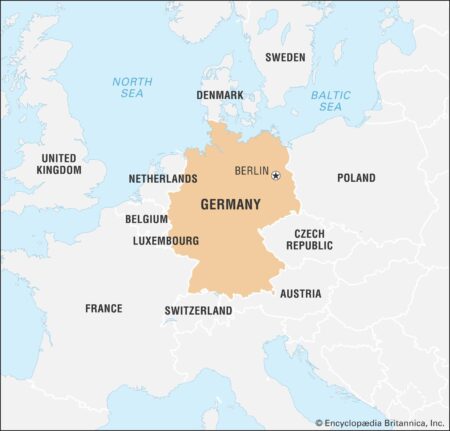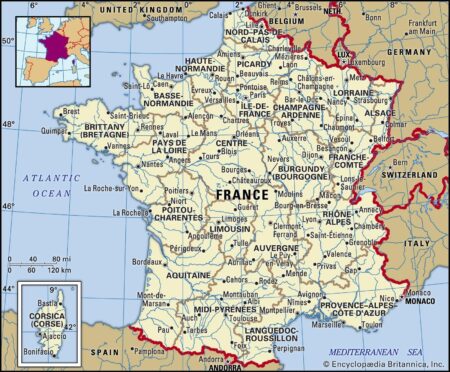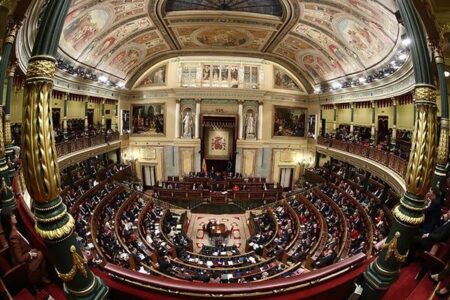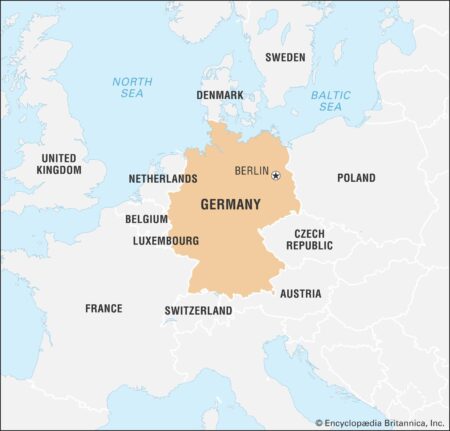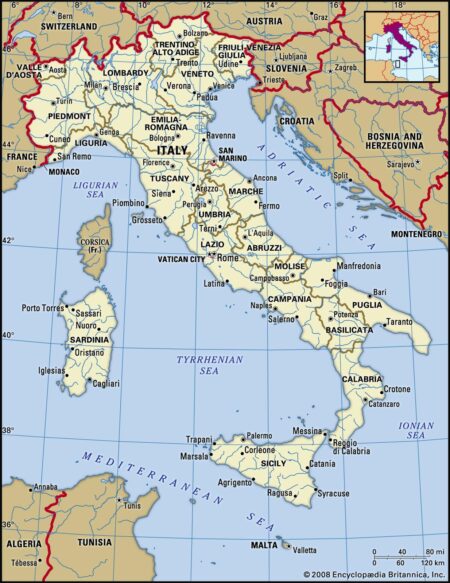Italy is reportedly gearing up to support Spain in leading the Eurozone’s finance chiefs, a strategic move aimed at strengthening southern Europe’s voice amid these challenging economic times, Bloomberg reveals
Browsing: European Union
Germany and Italy clash in an electrifying showdown, each battling with relentless passion to secure their spot in the next round. Fans worldwide are on the edge of their seats, captivated by this epic display of skill, strategy, and unyielding determination
Europe today resonates with the dynamic and often turbulent spirit of Renaissance Italy, a time when fierce rivalries and deep divisions defined the political scene. This ever-changing landscape poses formidable challenges to forging unity and ensuring strong governance throughout the continent
Hungarian Prime Minister Viktor Orbán has boldly announced that Hungary will stand against the EU’s planned phase-out of Russian energy, emphasizing deep concerns over energy security and the rising costs amid ongoing geopolitical tensions
Italy, France, and Belgium are grappling with the highest debt levels in the EU, a new report from a leading bank reveals. This sharp rise in public debt across these countries raises urgent questions about their economic stability and the future security of their pension systems
Kyiv’s deepening cash crunch highlights the urgent need to unlock frozen Russian assets. As these funds remain inaccessible, Ukraine faces mounting financial strain while battling ongoing conflict and striving to rebuild its future
Former NATO chief issues a stark warning: without intensified European pressure on Russia, Ukraine risks being caught in a “forever war.” He urges tougher sanctions and boosted military aid to prevent the conflict from dragging on, The Guardian reports
France is leading a bold charge to establish Europe’s new customs agency, aiming to strengthen border security and streamline trade across the continent. This ambitious move highlights Paris’s growing clout in EU enforcement and its push for enhanced economic independence
The UK joins forces with France and Germany to strengthen Belgium’s anti-drone defenses, intensifying Europe’s united stand against emerging aerial threats amid rising security challenges, Euractiv reports
The EU has introduced tougher visa regulations for Russian nationals amid ongoing security concerns linked to the Ukraine conflict. According to EU officials, this bold move aims to minimize risks and enhance safety throughout the region
Germany is gearing up to boost its support for Ukraine with an impressive additional 3 billion euros in aid slated for 2026, a source told Reuters. This major increase aims to accelerate Ukraine’s recovery and reinforce its defense amid the ongoing conflict
France has secured EU approval to offset pension costs for its rail freight sector-a bold move aimed at boosting competitiveness and championing sustainable transport. This strategic decision promises to strengthen the industry’s financial resilience and drive its future success
Italy’s competition watchdog has launched a bold antitrust investigation into drone giant DJI, accusing the company of price-fixing and limiting imports. This action shines a spotlight on the increasing regulatory pressure shaking up the drone industry
Spain’s parliament has made a bold move by officially approving an arms embargo on Israel, halting all military exports amid escalating tensions in the region. This decisive action underscores Madrid’s firm stance on the unfolding conflict, reports Al Jazeera
Germany is considering a bold move: paying Deutsche Telekom to replace Huawei equipment in its 5G network, Bloomberg reports. This initiative aims to reduce reliance on Chinese technology amid rising security concerns
Italy is considering tapping into an EU defense loan to boost its tank fleet, while actively pursuing a strategic alliance with Hungary. This ambitious move aims to fortify European defense in the face of rising geopolitical tensions
New EU mandates are propelling Finland, France, Germany, Spain, and Italy to the forefront of sustainable aviation fuel adoption, driving greener skies and revolutionizing Europe’s travel industry for a cleaner, more sustainable tomorrow
France’s ongoing economic struggles are driven by rigid labor laws, soaring public spending, and fierce political resistance to change. These challenges combine to choke growth and innovation, making it increasingly difficult for the country to maintain its edge in the global arena
Italy and Malta are now in the EU spotlight as recent threats and attacks endanger journalist safety. The European Commission urges both governments to strengthen protections and boldly uphold press freedom amid mounting challenges
Italy fires back with fierce determination after Donald Trump accuses Prime Minister Giorgia Meloni of brokering an ‘EU-defying’ trade deal. These explosive claims have sparked a political firestorm, as Rome resolutely reaffirms its dedication to upholding EU regulations











